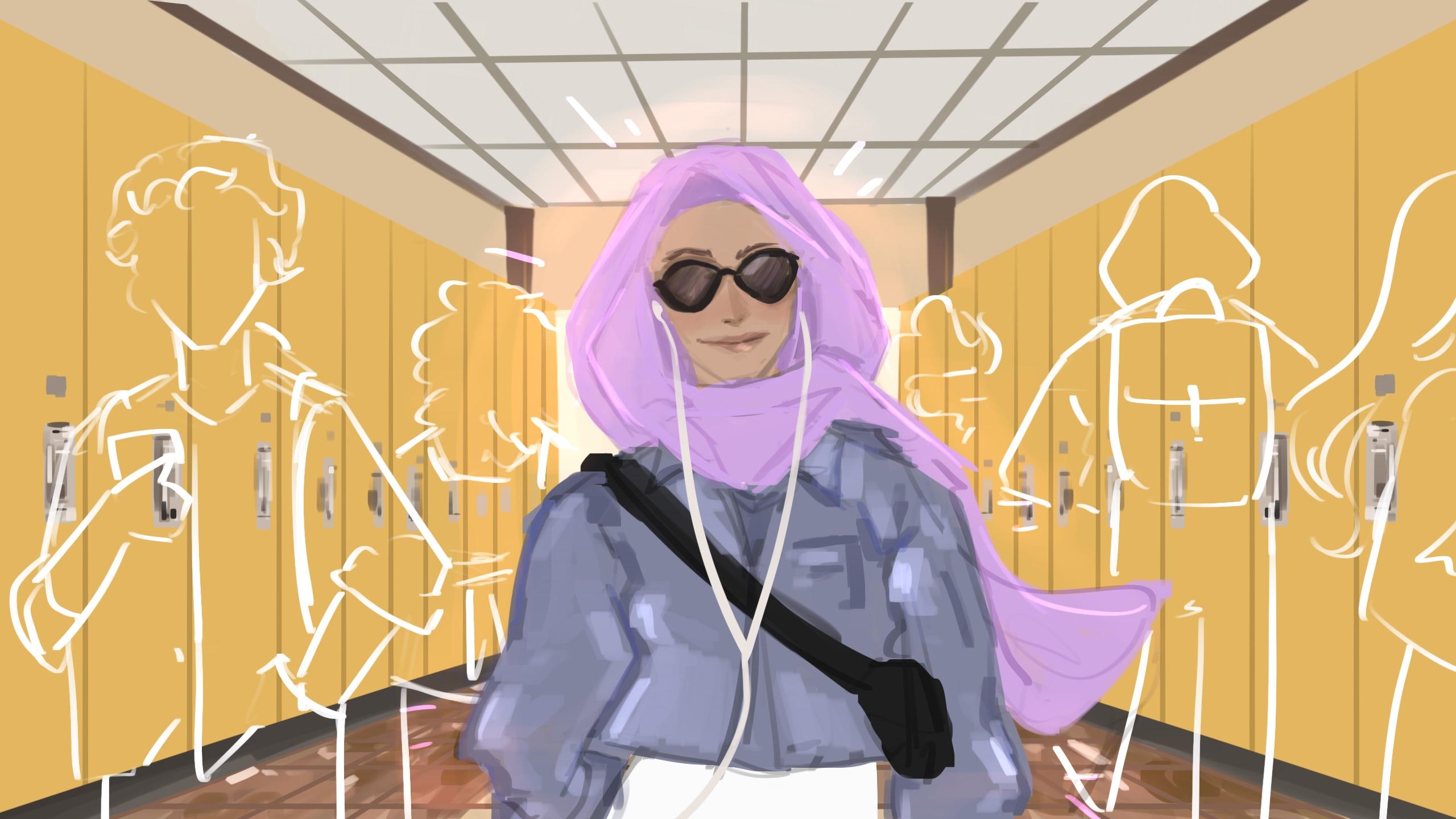By Mariam Nouser
As the 20th anniversary of Sept. 11, 2001 approaches, I can’t help but feel a throbbing pain in my heart. The effects of what happened on that day two decades ago have lasted for the majority of my life.
I was six years old when the World Trade Center was attacked. You could say I was too young to fully grasp what happened but I can tell you, I felt it deeply. While I only vaguely remember the world pre-9/11, what I do know is that it was drastically different after it.
I had just started Grade 1 at Thorncliffe Park Public School in East York. Despite being in public school, the vast majority of my classmates were Muslim. Our area had become a landing destination for South Asian Muslims when immigrating to Canada.
School that day seemed normal, our teachers did not let us know about what happened in the U.S., which I’d like to think was for our own good.
My daycare provider picked her daughter and me up from school in her shalwar kamees and hijab neatly pinned. She had a grave look on her face. She didn’t know how to explain what had happened to her daughter and me. Since we didn’t know what happened, she had us turn on the TV and see for ourselves.
Didi, as I called her, insisted that despite these people claiming to kill in the name of our sacred religion, they were not like us. I remember her saying, “Mariam, our religion is one of peace and never forget that.”
After that, I didn’t think much of it and just hoped that this was the last time someone used my religion in an immoral way.
Deep down, I realized that I delayed my decision to wear the hijab until I was 18 out of my fear of being judged for being Muslim. I wanted to wear it so badly, but I couldn’t handle any sort of bigotry. Instead, I hid behind my white-passing looks and went on with life like a ghost.
As months went on, I remember teachers acting vigilant during recess, keeping a close eye on what we were doing at all times. I didn’t know at the time but Islamophobic incidents had skyrocketed within a short period of time and our tiny yet mighty neighbourhood experienced a lot of it.
My dad, who is a visibly racialized Egyptian man, didn’t take the time to explain the implications of what happened in 2001. Looking back, it seems like a coping mechanism for him.
Years after in 2007, he told me he was beaten by policemen on the side of a highway in B.C. in 2002 because he was mistaken to be a suspect in a murder case.
My dad, who had titanium plates in his neck following a car accident in 1999, was left in pain and suffering with no justification to why they thought he was a suspect. He decided not to pursue legal action out of fear.
That very moment made me realize that living life as a Muslim in the West is no easy feat.
I started wearing the hijab in 2013 and almost immediately after I declared my Muslimness so visibly, I faced several Islamophobic incidents, including two physical attacks.
I’ve noticed that every single time an attack happened by a Muslim, I was verbally or physically assaulted shortly after.
I’ll tell you this: I am tired of being blamed for something I didn’t do. I’ve noticed that Muslims are blamed more for the actions of extremists than any other religion—the catalyst being the 9/11 terrorist attacks.
I just hope, one day, I can walk down the street, wearing my hijab with no care in the world and no fear in my heart.













Leave a Reply